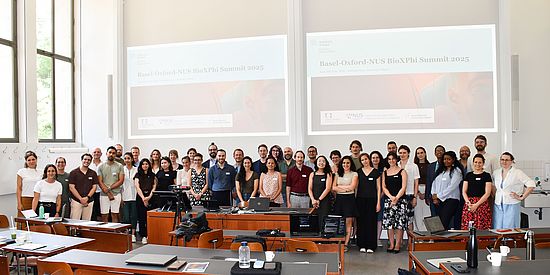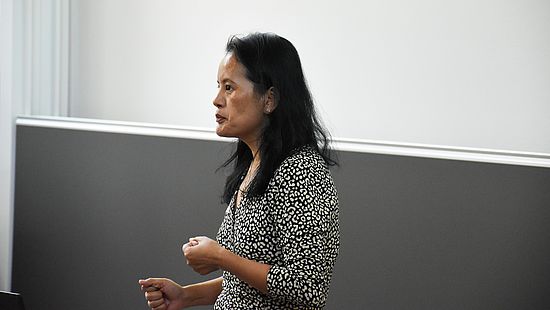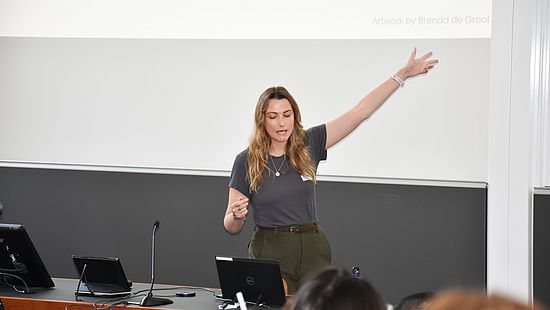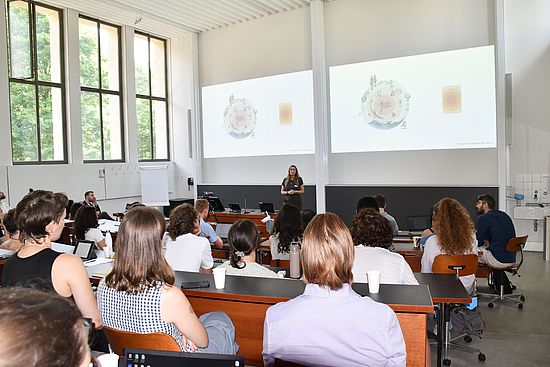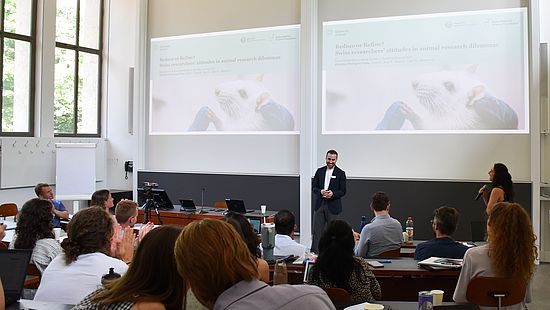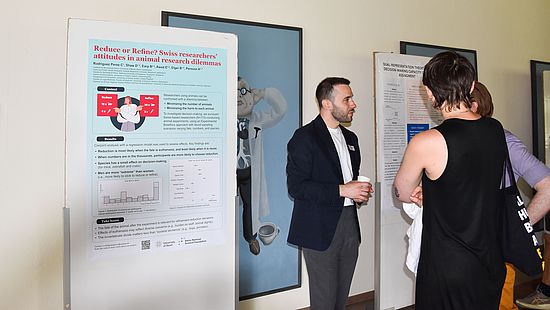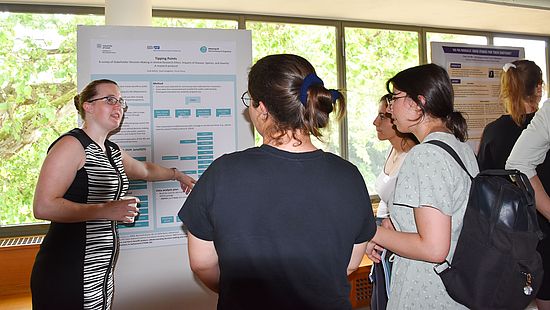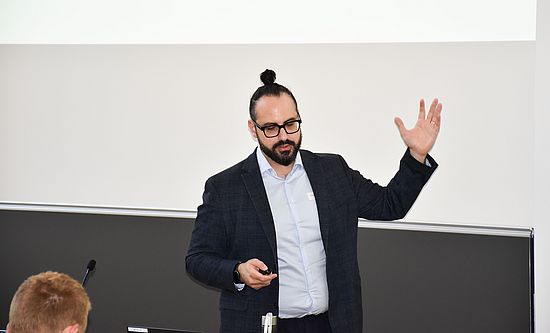/ News
Institute for Biomedical Ethics Hosts 2025 Experimental Philosophical Bioethics (BioXPhi) Summit








Read about the highlights of the 2025 Experimental Philosophical Bioethics (BioXPhi) Summit, proudly hosted by the Institute for Biomedical Ethics at the University of Basel.
The Institute for Biomedical Ethics at the University of Basel was proud to host the 2025 Experimental Philosophical Bioethics (BioXPhi) Summit, held in collaboration with the Centre for Biomedical Ethics - Yong Loo Lin School of Medicine at the National University of Singapore (NUS) and the Uehiro Oxford Institute at the University of Oxford.
The BioXPhi Summit is a leading forum for experimental approaches in bioethics, drawing on methods from the behavioral and social sciences to explore ethical questions in healthcare, medicine, biotechnology, AI, animal ethics, and more. Over the course of the event, participants had the opportunity to engage with a diverse range of experimental studies and philosophical analyses.
Highlights of the summit included keynote lectures by Dr. Matti Wilks (University of Edinburgh), who presented “Who has an expansive moral circle? Understanding variability in ascriptions of moral concern,” and Dr. Edmond Awad (University of Exeter and University of Oxford), whose talk “Online Serious Games as a Tool to Study Value Disagreement” closed the summit. Both keynotes were met with lively discussion and thoughtful engagement from attendees.
The program featured nearly 20 presentations, including paper talks and poster sessions, showcasing a wide range of innovative projects. Topics included the expansion and boundaries of the moral circle, delegation of ethical decision-making to AI, dilemmas in animal research, digital methods in bioethics, the distribution of credit and blame in human–AI collaborations, gender dynamics in academic research, moral responsibility in addiction, healthcare resource allocation, healthcare professionals’ trust in AI, and more.
The poster sessions further enriched the program with presentations on stakeholder decision-making in animal research ethics, perceptions of moral judgment regarding emotions, dual-process theories of decision-making capacity, how perceived AI consciousness affects trust in data storage, and public attitudes toward pharmaceutical weight-loss interventions.
We extend our sincere thanks to the Swiss National Science Foundation (SNSF) for supporting this event, as well as to all the speakers, participants, and organizers who contributed to its success. The atmosphere of intellectual openness, critical dialogue, and interdisciplinary collaboration made this summit a stimulating and memorable occasion.
📸 Photo credits: Rosa Maria C.

